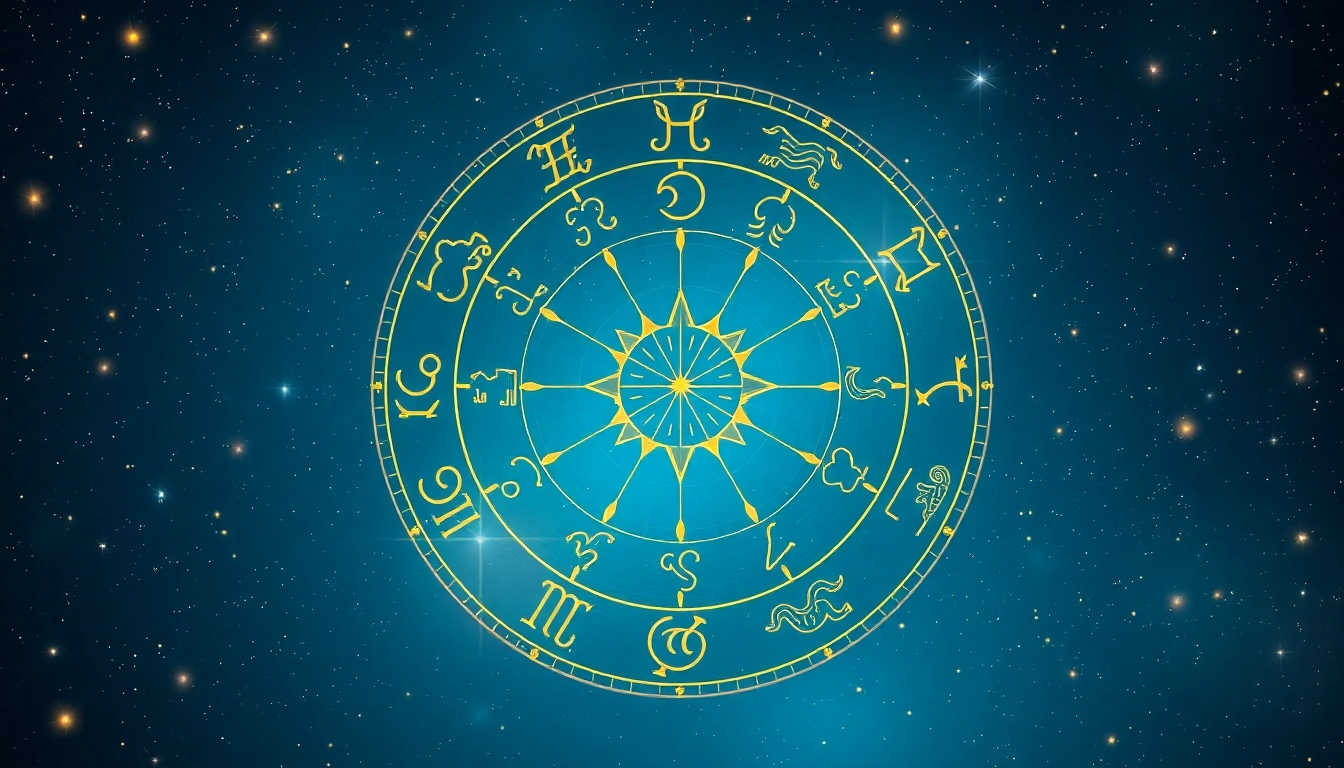The Impact of a Relationship Breakup on Mental Health
Breaking up with a partner is one of the most challenging emotional experiences one can face. The complexities involved can lead to a wide range of mental health issues, often creating a substantial psychological burden. Studies show that the emotional distress following a relationship breakup can be akin to grieving a death. This article will unpack the multifaceted impact of relationship breakups on mental health, offering insights into emotional reactions, psychological responses, and how one can manage their mental health post-breakup.
Emotional Reactions and Their Significance
When a relationship ends, individuals often encounter intense emotional reactions such as sadness, anger, confusion, and even relief. The severity and duration of these emotions can vary widely among individuals. It’s essential to recognize that these emotional responses are significant markers of one’s adjustment process. Understanding that these feelings are normal can help individuals navigate through them more effectively.
Common Psychological Responses to Breakup
Common psychological responses to relationship breakups include depression, anxiety, and feelings of loneliness. Research indicates that many people may experience intrusive thoughts about their ex-partner, leading to ongoing emotional distress. Cognitive theories suggest that such intrusive thoughts can intensify feelings of regret and self-blame. It’s vital for individuals to learn coping strategies to manage these psychological impacts, such as practicing mindfulness or seeking professional help.
Managing Mental Health Post-Breakup
Managing mental health during this turbulent time is crucial. First and foremost, individuals should allow themselves to feel and express their emotions rather than suppress them. Engaging in physical activities, cultivating hobbies, and surrounding oneself with supportive friends and family can provide a much-needed emotional buffer. Additionally, professional guidance from therapists can help navigate complex feelings and foster recovery.
Recognizing When to End a Relationship
Knowing when to end a relationship can be one of the most difficult decisions a person faces. Many people find themselves torn between the hope for improvement and the reality of a toxic environment. This section will explore the signs that indicate it might be time to break up, how to differentiate between rough patches and toxic relationships, and the critical role of communication in the breakup process.
Signs Indicating it’s Time to Break Up
Several warning signs may suggest that a relationship has run its course. Common indicators include persistent unhappiness, lack of communication, frequent arguments, and the unfulfillment of emotional needs. When these signs manifest, it may be essential to take a step back and evaluate whether the relationship can be salvaged or if both parties would be better off apart. Listening to one’s gut feeling and seeking clarity through introspection can also guide this decision.
Differentiating Between a Rough Patch and a Toxic Relationship
Understanding the difference between a temporary rough patch and an ongoing toxic relationship is crucial. Rough patches are typically characterized by external stressors impacting the relationship, while toxic relationships often involve detrimental behaviors such as manipulation, gaslighting, or excessive criticism. Recognizing these nuances can help individuals make informed decisions about their relationships.
The Role of Communication in Breakups
Effective communication can often ease the breakup process. Both partners should discuss their feelings honestly, allowing for mutual understanding. It’s important to communicate without being accusatory, emphasizing personal feelings rather than placing the blame on the other person. Clear dialogue can provide closure and a sense of dignity for both parties, facilitating a smoother transition.
Strategies for Coping with a Relationship Breakup
Once the decision to break up has been made, the next phase involves coping with the fallout. This section focuses on establishing closure, seeking support, and processing emotions to enable a healthy transition into life after the relationship.
Establishing Closure and Moving Forward
Achieving closure is imperative for emotional recovery. This can be accomplished through open discussions or, if necessary, a well-structured closure letter that encapsulates one’s feelings. Allowing oneself to reflect upon the relationship and its lessons is essential. The journey to moving forward can also include setting new goals and visualizing what a fulfilling life looks like post-breakup.
Seeking Support from Friends and Professionals
Support networks play a vital role in navigating post-breakup emotions. Engaging with friends who empathize with your situation can provide comfort and perspective. Additionally, seeking support from mental health professionals can yield constructive coping strategies and promote healing. Professional support groups also offer a sense of community and shared experiences, which can be incredibly reassuring.
Understanding and Processing Emotions
Allowing oneself to process emotions is crucial for emotional recovery. Journaling, for instance, can help articulate feelings and reflect on the breakup’s impact. Identifying specific emotions and their triggers enables individuals to better understand their feelings and work toward managing them. Techniques such as cognitive behavioral therapy (CBT) can also help reshape negative thought patterns associated with the breakup.
The Process of Healing After a Breakup
Healing from a breakup is a gradual process, often involving the stages of grief. This section discusses the stages of grieving a relationship, the importance of building a new identity post-breakup, and the significance of self-care in recovery.
Stages of Grieving a Relationship
The stages of grief typically include denial, anger, bargaining, depression, and acceptance. Each individual’s timeline through these stages will differ, and it’s important to be patient with oneself. Understanding that grieving is not a linear process allows for emotional fluctuations and experiences that are natural after such a significant life change.
Building a New Identity Post-Breakup
A breakup often leads individuals to reassess their identities. Taking this opportunity to rediscover passions and interests that may have taken a backseat during the relationship can be restorative. Engaging in new activities or social circles can also facilitate the discovery of self-worth independent of the former partner.
Importance of Self-Care in Recovery
Prioritizing self-care is essential during healing. This includes adopting healthy eating habits, regular exercise, and getting adequate sleep. Mindfulness practices such as meditation can also help reduce stress and promote emotional well-being. Ultimately, nurturing oneself physically, emotionally, and mentally contributes to a more effective recovery.
Learning from Relationship Breakups
Each breakup carries lessons that can aid in personal growth and relationship development in the future. This final section explores important takeaways from past relationships, strategies for preventing future mistakes, and the potential for embracing new beginnings.
Lessons to Take Away from Past Relationships
Reflecting on past relationships can illuminate patterns and behaviors that need addressing. These lessons might pertain to communication styles, emotional needs, or attraction to incompatible partners. Acknowledging these insights can foster personal development and a deeper understanding of what one truly desires in future relationships.
Preventing Future Relationship Mistakes
Learning from past mistakes is crucial for future relationships. Setting personal boundaries, understanding one’s needs, and being open about expectations can help prevent repeated patterns. Engaging in communication training or relationship workshops may also provide valuable skills that support healthy partnerships moving forward.
Embracing New Beginnings
Lastly, the end of one relationship often paves the way for new beginnings. Embracing change can lead to new experiences, environments, and people. Fostering an open mindset and allowing oneself to explore new possibilities can be incredibly enriching and fulfilling.



